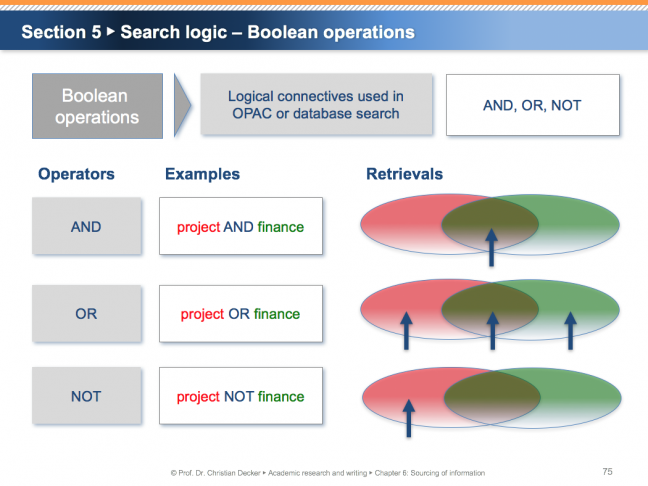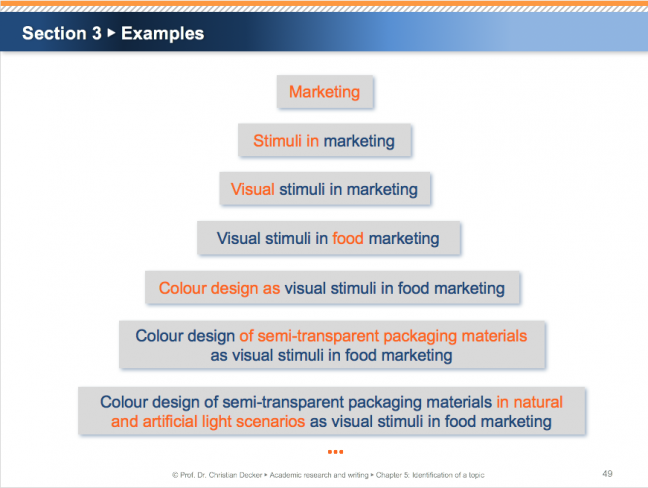Every research project requires the sourcing of information in the form of literature and/or empirical data. Different types of literature, each with individual characteristics, can be used in academic research. It is important to understand the specific categories of literature, such as monographs and textbooks, articles in academic journals, concise dictionaries, edited works, working papers, conference proceedings, white papers and green papers, technical papers, consultation papers, manuals as well as legal sources and documents. Given the variety of literature sources, an academic appraisal of references with respect to their citability and credibility is essential. The existence of a peer review process can signify the academic quality of journal articles. Furthermore, the consultation of citation indices and journal rankings may help to identify acceptable references. Grey literature in particular, which is literature that is not commercially published and distributed, needs to be appraised with respect to its citability. Information access and retrieval can take place via the Internet or in a library. Library catalogues and databases allow for a literature search that uses individual search logic in order to identify adequate references.
Link to e-learning videos: Overview of chapter 6

